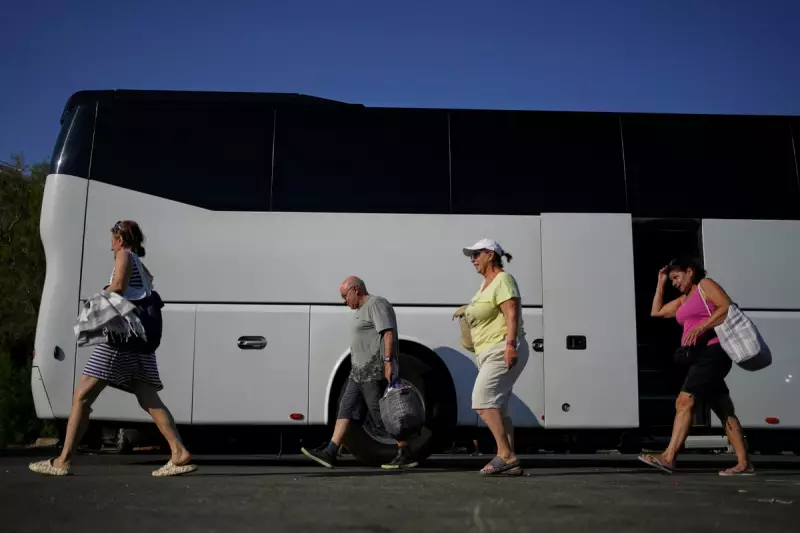
While sun-seeking tourists flock to Greece's idyllic islands and ancient sites in record numbers, a starkly different reality is unfolding for the local population. A powerful new report has exposed the severe poverty crisis gripping the nation, starkly contrasting with the bustling, moneyed tourism industry.
The research, conducted by the Greek branch of the international NGO Eurochild, paints a troubling picture of a nation grappling with a profound cost-of-living emergency. Findings indicate that an alarming one in three Greek children now live in households that cannot afford basic essentials, from putting fresh food on the table to keeping their homes adequately warm.
The Stark Reality Behind the Postcard Image
This summer, Greece is projected to smash its previous tourism records, with over 35 million international visitors expected. Airline capacity and cruise ship arrivals are at an all-time high, pumping billions into the economy. Yet, this influx of wealth is not trickling down to many residents.
The report highlights that families are being forced to make impossible choices. Many are cutting back on quality food, energy consumption, and even necessary medical expenses. The financial strain is also having a direct impact on children's education and social inclusion, limiting their opportunities and well-being.
A Legacy of Economic Hardship
Analysts point out that this crisis is not new but has been dramatically exacerbated by global inflation and the lingering effects of the country's previous financial meltdown. While tourism revenue is crucial for the national GDP, the report argues that the economic model creates predominantly seasonal, low-wage jobs, failing to provide year-round financial security for a significant portion of the workforce.
This creates a two-tier society, particularly in popular destinations like Mykonos, Santorini, and Crete, where the high cost of goods and services, driven by tourist demand, prices locals out of their own markets.
Call for Action
Eurochild is urgently calling on the Greek government and European Union policymakers to strengthen social support systems. Key recommendations include:
- Enhancing child benefit schemes to directly support vulnerable families.
- Investing in sustainable job creation beyond the tourism sector.
- Implementing targeted measures to combat energy poverty and ensure access to essential services.
The situation in Greece serves as a potent reminder that booming tourism statistics can often conceal deeper, more troubling social and economic challenges at the local level.




